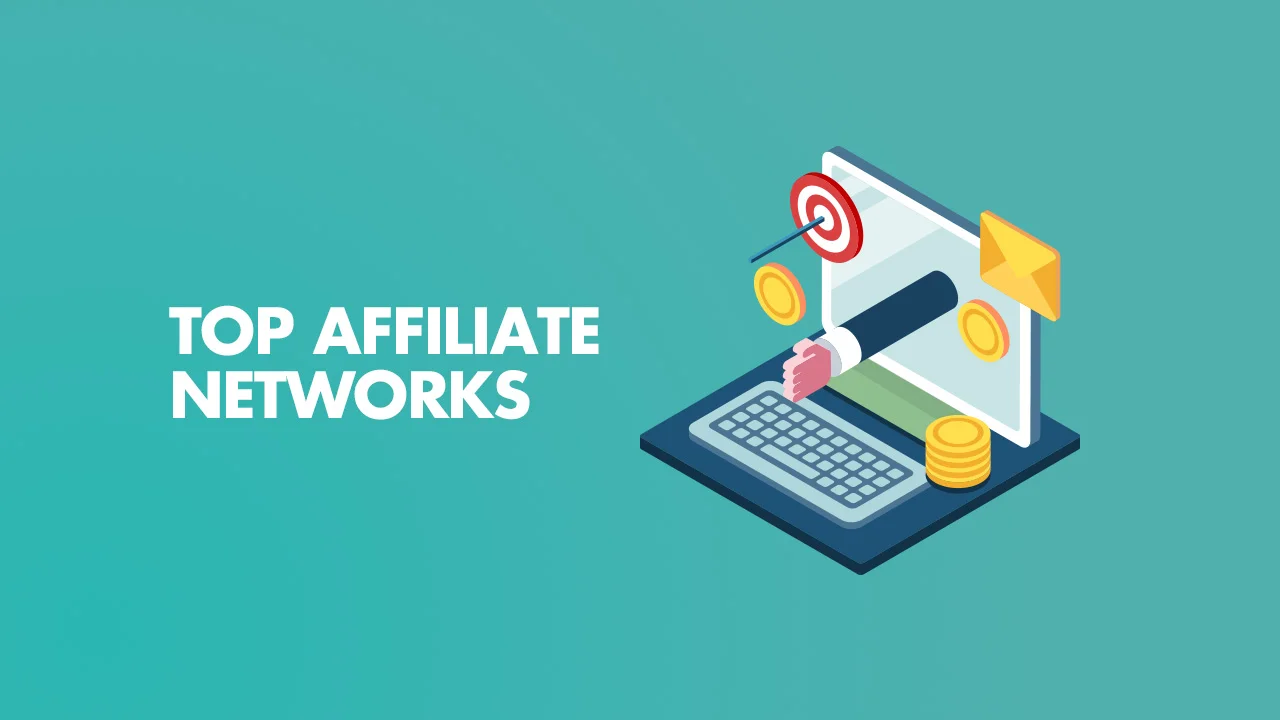Affiliate marketing is a proven strategy for expanding brand reach and boosting sales, but not without its pitfalls. Allowing affiliates to run paid advertising campaigns on behalf of your brand is one of the most significant risks brands face in affiliate marketing.
While the appeal of increased sales without upfront advertising costs is enticing, the dangers far outweigh the benefits.
In this detailed guide, I’ll dive deep into why brands should ban affiliate-driven ads, supported by statistics and actionable insights. We’ll explore the risks, real-life examples, and better alternatives for managing affiliate marketing effectively.
What Are Affiliate-Driven Ads?
Affiliate-driven ads are paid advertisements created and managed by affiliates. These ads typically run on platforms like Google Ads, Facebook Ads, or Instagram, targeting potential customers with the goal of driving sales and earning commissions.
On the surface, it seems like a mutually beneficial setup: affiliates invest their resources in running ads, and brands get more sales. However, this approach can lead to serious issues.
Top Reasons Brands Should Ban Affiliate-Driven Ads
1. Loss of Brand Control
Affiliates act as independent marketers, often with minimal oversight. This autonomy can lead to the following problems:
- Inconsistent Branding: Affiliates may use outdated logos, unapproved creatives, or messaging that misrepresents your brand values.
- Misleading Claims: To drive clicks and sales, affiliates might exaggerate benefits, advertise fake discounts, or use clickbait, leading to reputational damage.
- Keyword Hijacking: Affiliates bidding on your brand keywords can inflate your costs and steal organic traffic meant for your own campaigns.
Case Study: A prominent e-commerce retailer found that affiliates bidding on branded keywords caused their own CPC to rise by 40%, significantly affecting their ad budget.
2. Inflated Advertising Costs
Allowing affiliates to run ads creates internal competition for ad space. This often results in:
- Higher Cost-Per-Click (CPC): Affiliates bidding on your brand terms drive up CPC on platforms like Google Ads, leaving you to spend more for the same keywords.
- Diminished ROI: With multiple parties competing for similar audiences, overall campaign performance takes a hit.
3. Increased Risk of Fraud
Affiliate marketing already has its share of fraudulent activities, and affiliate-driven ads exacerbate the problem. Common tactics include:
- Cookie Stuffing: Affiliates drop tracking cookies on users’ browsers to claim credit for sales they didn’t influence.
- Fake Traffic and Click Bots: Fraudulent affiliates use bots to inflate ad impressions and clicks, wasting ad spend.
Statistic: In 2022, global ad fraud costs reached $68 billion, with affiliate-driven ads being a significant contributor.
4. Damaged Customer Experience
Affiliates prioritize conversions, often at the expense of customer trust. This can result in:
- Unethical Redirects: Customers clicking on affiliate ads might encounter multiple redirects, causing confusion and mistrust.
- False Advertising: Affiliates may promote non-existent discounts or promises, leading to customer dissatisfaction and complaints.
5. Erosion of Affiliate Relationships
Not all affiliates rely on paid ads. Content-focused affiliates who invest in organic strategies like blog posts or videos may feel undermined when others run aggressive ad campaigns. This can lead to:
- Disengagement from Quality Affiliates: Legitimate affiliates may reduce efforts if they perceive unfair advantages in the program.
- Dilution of Long-Term Value: Organic and high-quality content creators drive sustainable growth, while ad-focused affiliates often deliver short-term, transactional results.
Numbers That Speak Volumes
- 45% of brands report reputational damage due to unregulated affiliate activities (Forrester Research).
- Affiliate-driven ads can increase branded CPC by as much as 30-40%, according to industry reports.
- Businesses lose $1 out of every $3 in affiliate commissions to fraudulent practices like cookie stuffing and fake clicks.
Consequences in the Past
A global tech brand faced a backlash in 2021 after affiliates promoted fake “limited-time” discounts through paid ads. Customers felt misled, which led to a significant spike in complaints on social media. This incident tarnished the brand’s reputation and required a costly public relations campaign to rebuild trust.
Alternatives to Affiliate-Driven Ads
Rather than allowing affiliates to run ads, brands can adopt these strategies to maintain control and drive sustainable growth:
1. Tighten Affiliate Program Policies
Develop strict guidelines around the use of paid ads. Prohibit affiliates from bidding on branded terms or running any form of paid advertising without approval. Communicate these rules clearly during onboarding.
2. Invest in Trusted Platforms
Partner with reputable platforms like CouponZania.com to manage affiliate promotions. Coupon websites specialize in ethical marketing and provide greater control over affiliate content.
3. Keep Advertising In-House
By managing paid ads internally, you can:
- Maintain consistent branding and messaging.
- Optimize ad spend and targeting strategies.
- Prevent competition for branded keywords.
4. Encourage Organic Strategies
Promote organic affiliate marketing methods, such as:
- Content Marketing: Encourage affiliates to create high-quality blog posts, reviews, or videos.
- Social Media Advocacy: Affiliates can leverage their personal platforms to share authentic content about your brand.
5. Monitor Affiliate Activities
Use tracking and monitoring tools to identify unauthorized ads or fraudulent activities. Tools like Voluum and ClickCease can provide valuable insights into affiliate behavior.
How to Transition Away from Affiliate-Driven Ads
- Audit Your Current Program: Identify affiliates running paid ads and assess their impact on your brand.
- Communicate Policy Changes: Inform affiliates about new restrictions and the reasoning behind them.
- Reward Content Creators: Offer higher commissions to affiliates who prioritize organic strategies.
- Provide Support: Share resources and templates to help affiliates transition to compliant marketing methods.
Conclusion: Take Control of Your Brand’s Advertising
Allowing affiliates to run ads might seem like an easy way to boost sales, but the hidden costs can cripple your brand’s reputation, customer trust, and bottom line. By banning affiliate-driven ads, brands can regain control over their advertising, reduce costs, and foster healthier, more sustainable affiliate relationships.
Platforms like CouponZania.com demonstrate how brands can collaborate with affiliates ethically and effectively. By focusing on trust, transparency, and long-term value, brands can build an affiliate program that delivers consistent results without compromising integrity.
Your brand’s reputation is one of its most valuable assets. Protect it by taking the reins of your advertising strategy today.






